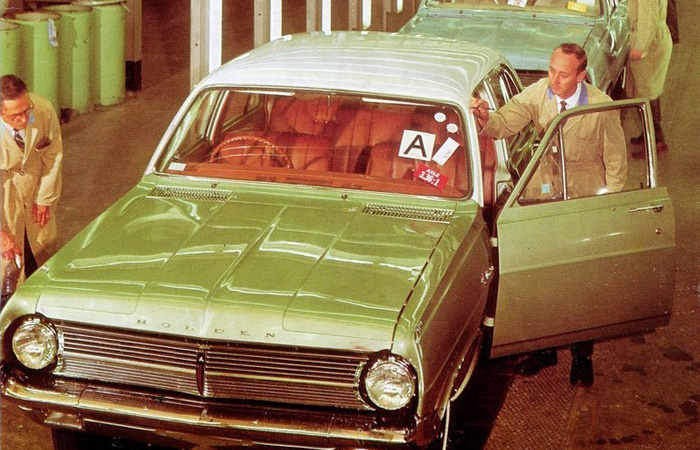Rethinking Lifestyle
BS Jobs

When I was a boy growing up on a farm in the 1950s, a farmer tilling his fields was typically driving at 25 HP tractor. Farmers today typically drive 400 HP tractors.
As a young man I was part of a crew making concrete bricks. We had a concrete mixer powered by a 1/2 HP electric motor. We loaded the mixer with spades, dumped the mixed concrete into a wheelbarrow, and wheelbarrowed the concrete over to the forms. I recently participated in a tour of the new Barkman Concrete plant here in Steinbach. This is a huge plant making all manner of concrete products, including assorted concrete bricks and concrete slabs. That plant can operate with a staff of four. These four spend their time in the control room watching video screens. Robots do all the work.
Obviously we have become much more productive! Yes, on the one hand this is obvious, but on the other hand this greater productivity is not obvious at all! Look around! We are working harder than ever. A 40 hour work week is still considered the norm. Annual holidays have not increased in length. Young couples raising children feel they cannot make ends meet unless both adults have a job and earn money. A remarkable number of people are working more than one job in order to make ends meet.
In 1930, the notable economist, John Maynard Keynes, predicted that with automation we were moving towards a 15 hour work week. We all know what has happened with that prediction. So what’s going on?
David Graeber says it’s because of the rise of BS jobs. He is quick to distinguish BS jobs from crap jobs. He suggests cleaning toilets and collecting garbage are crap jobs. These jobs may be demeaning, but these jobs are essential. BS jobs are the jobs that contribute nothing to a better life for all of us. If all the people doing BS jobs would disappear, we would not miss the work they were doing. Graeber suggests that well over half the work done in industrialized society is BS work.
This is not the place to name the BS jobs. Nevertheless, I dare say we have all had our times when we have wondered whether the work we are doing makes any difference at all. This is not a good feeling. We then play mental games to convince ourselves that the uselessness of the work we are doing is an illusion.
The remarkable thing is that, in our society, those doing BS work are, on the whole, paid more than those doing real work.
We have been told that in the countries with a planned economy, like the former Soviet Union, the planners ensured that there were jobs for everyone. So it has been observed that in the USSR four people were involved in the sale of a piece of meat. Theoretically capitalism, with its market focus, should eliminate that kind of inefficiency. But it has not. Capitalism has not discouraged BS jobs. A different economic system will be needed if we truly want to benefit from our increased productivity.
Automation and the development of robots has just begun. The current trend is likely to continue, and humans will continue to become more productive. As a society we will need to decide what we want to do with the labour released by this increased productivity. It appears to me that so far we have not done very well in this regard. Can we do better in the future?




